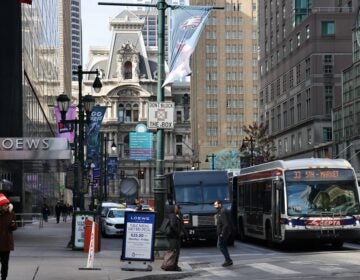Limited SEPTA service returns
Listen-

(File/WHYY)
-
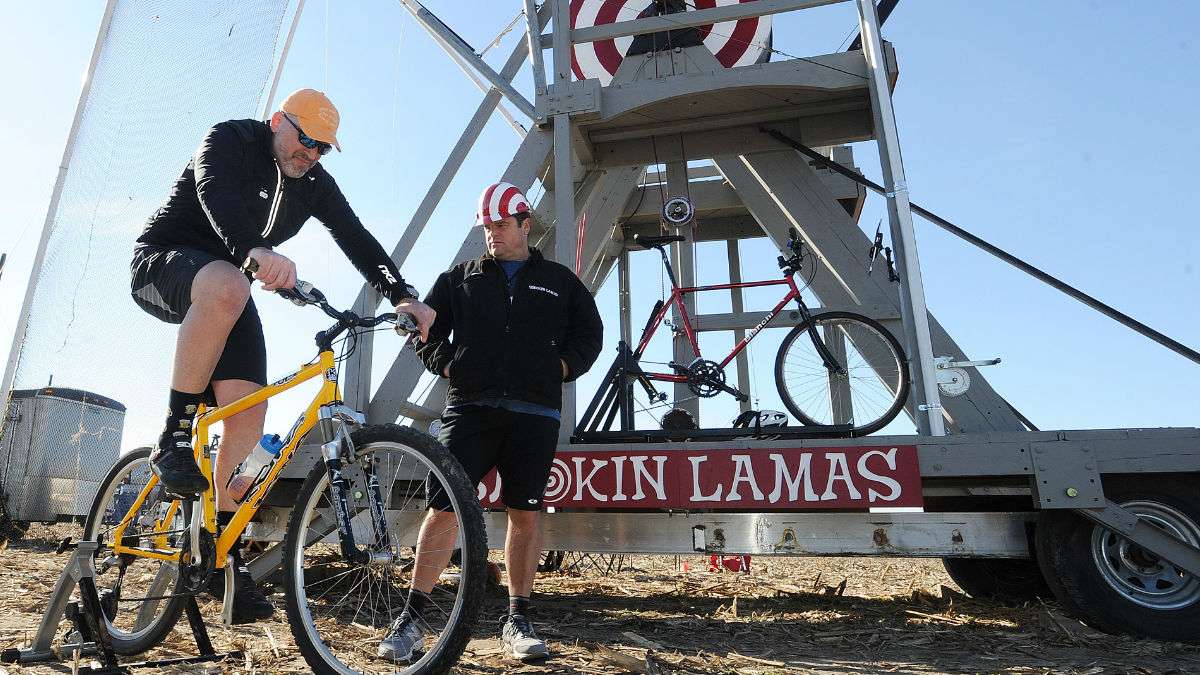
-

-
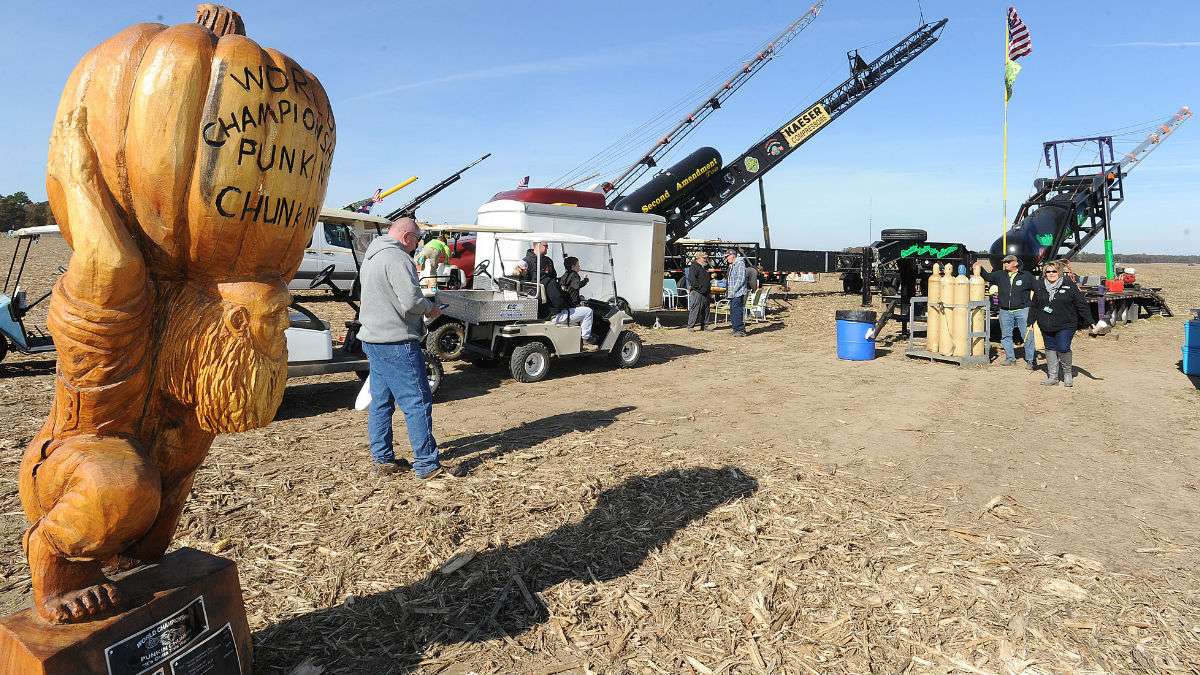
-
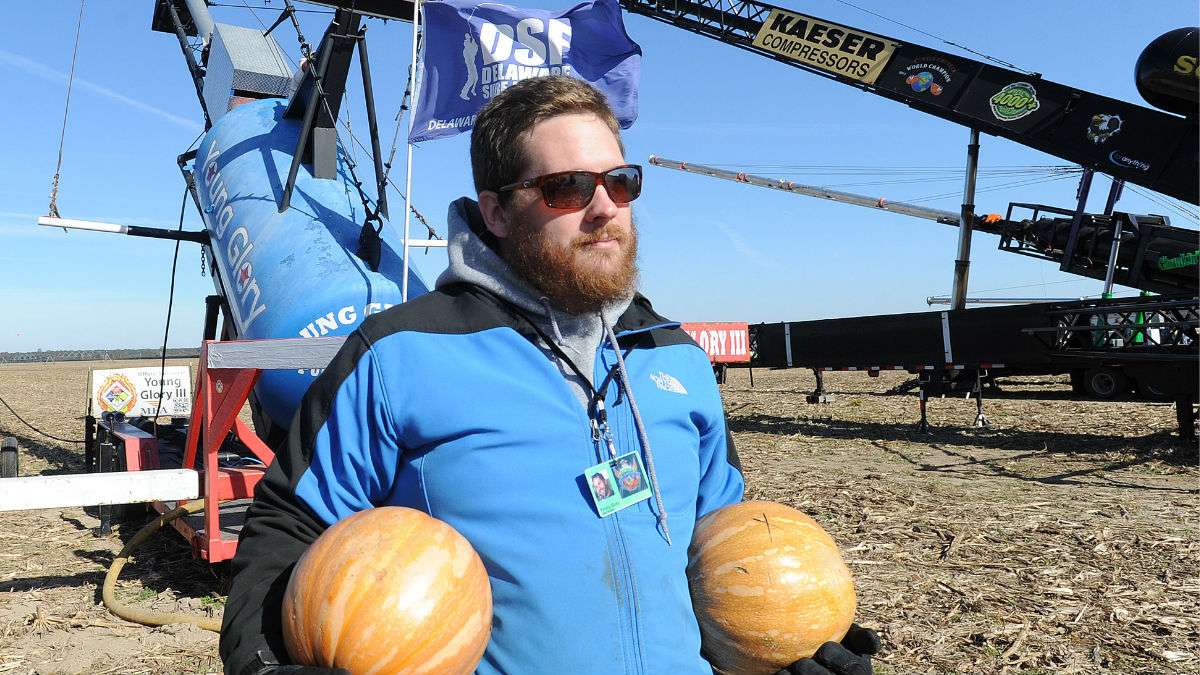
-
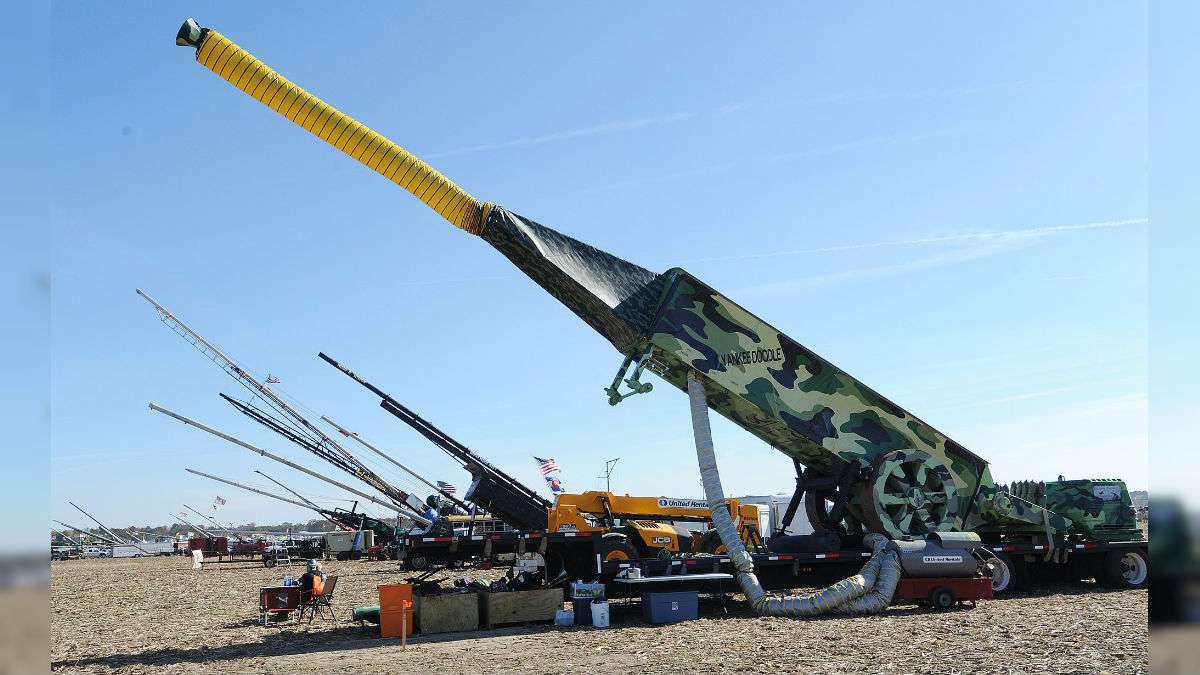
-
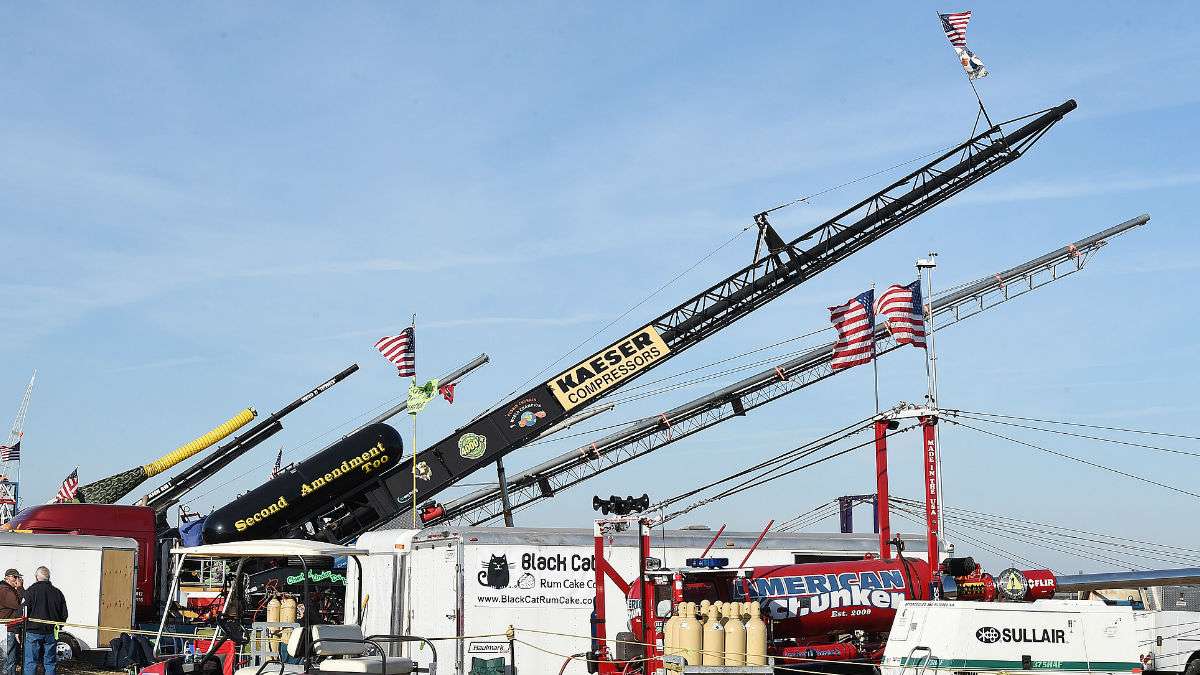
-

-

-
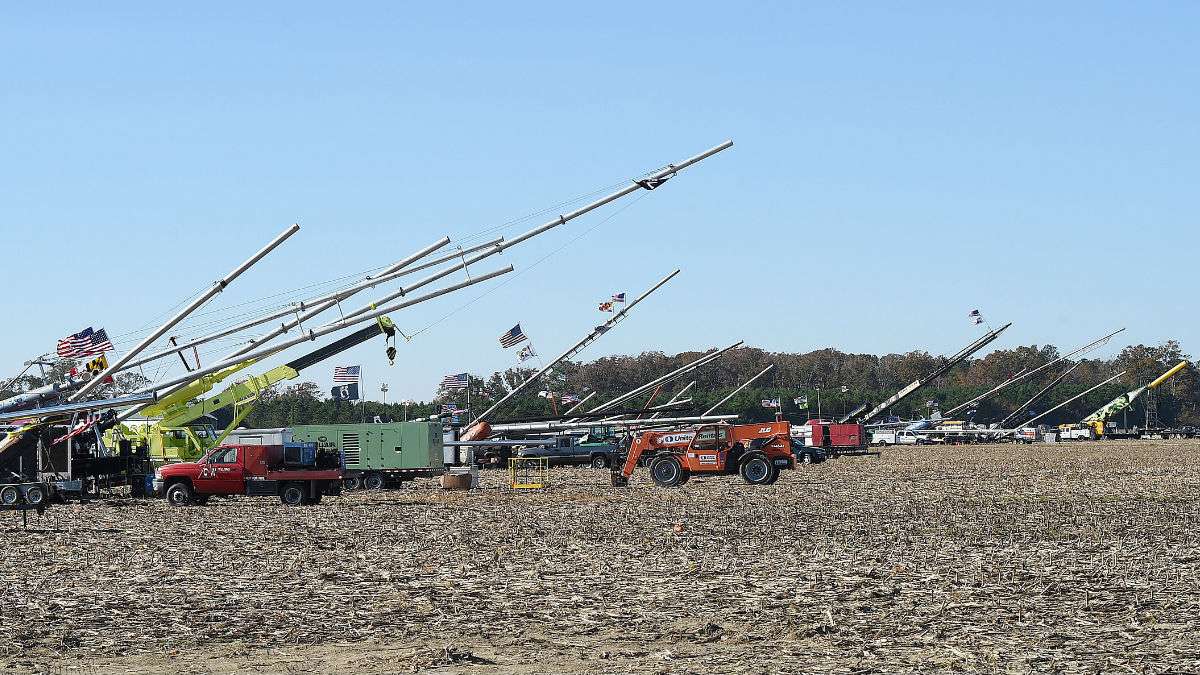
(File/WHYY)
-

-
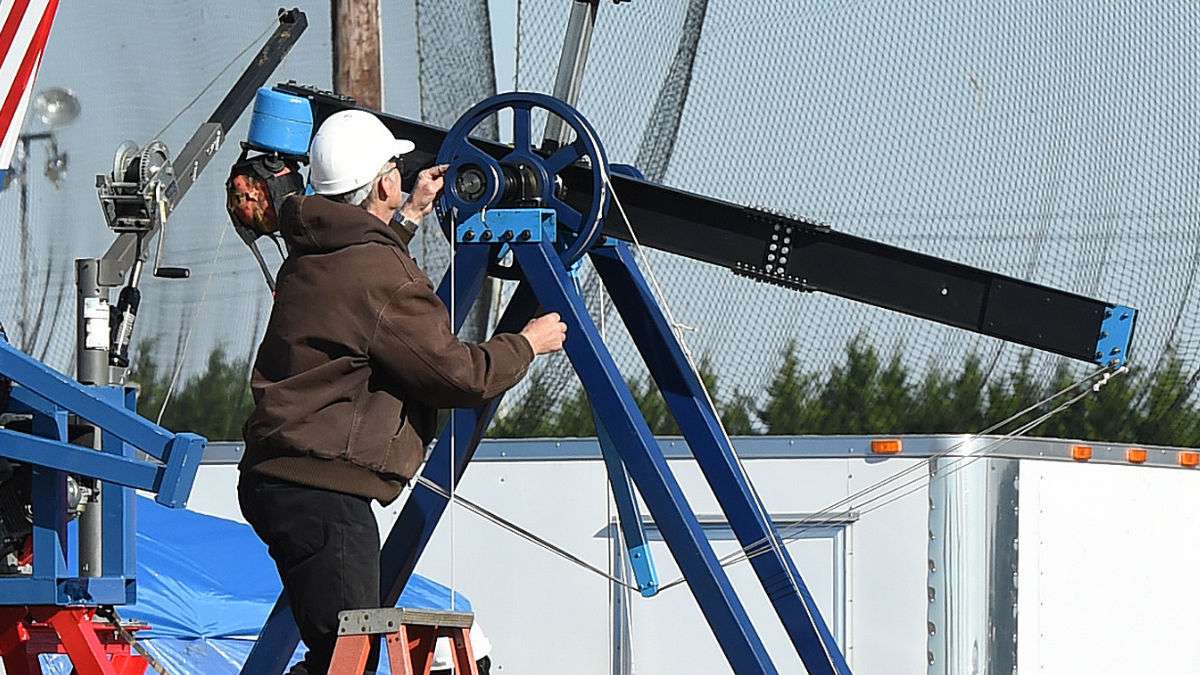
-
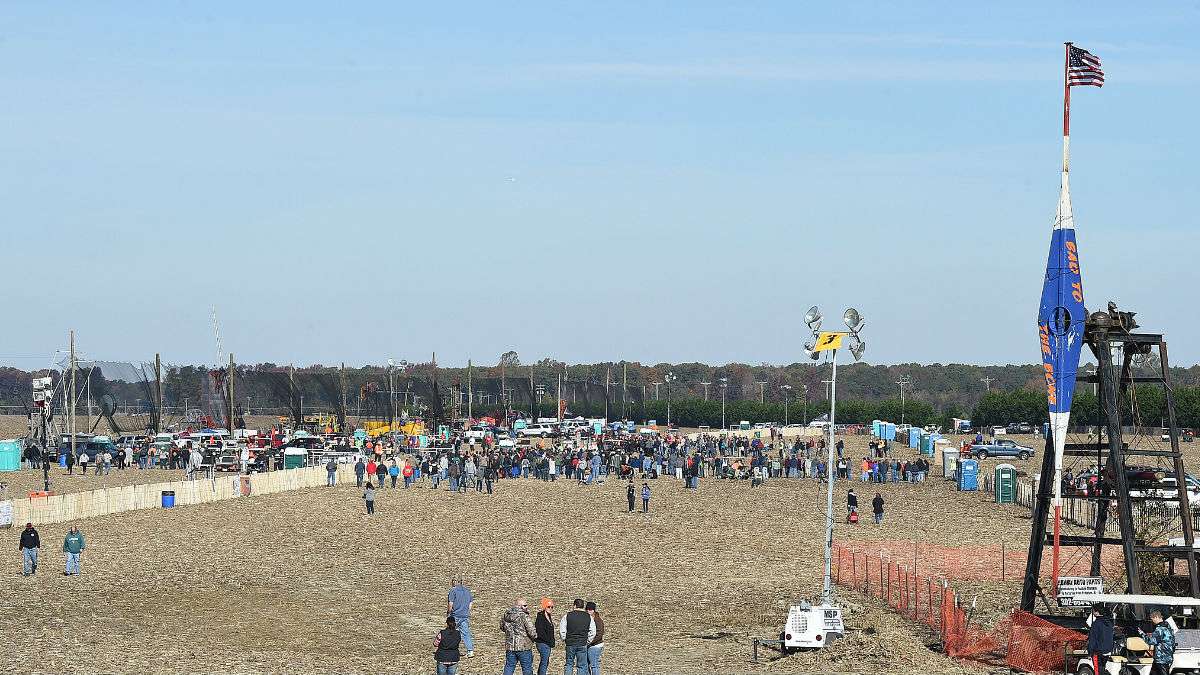
-

-

-

-

-
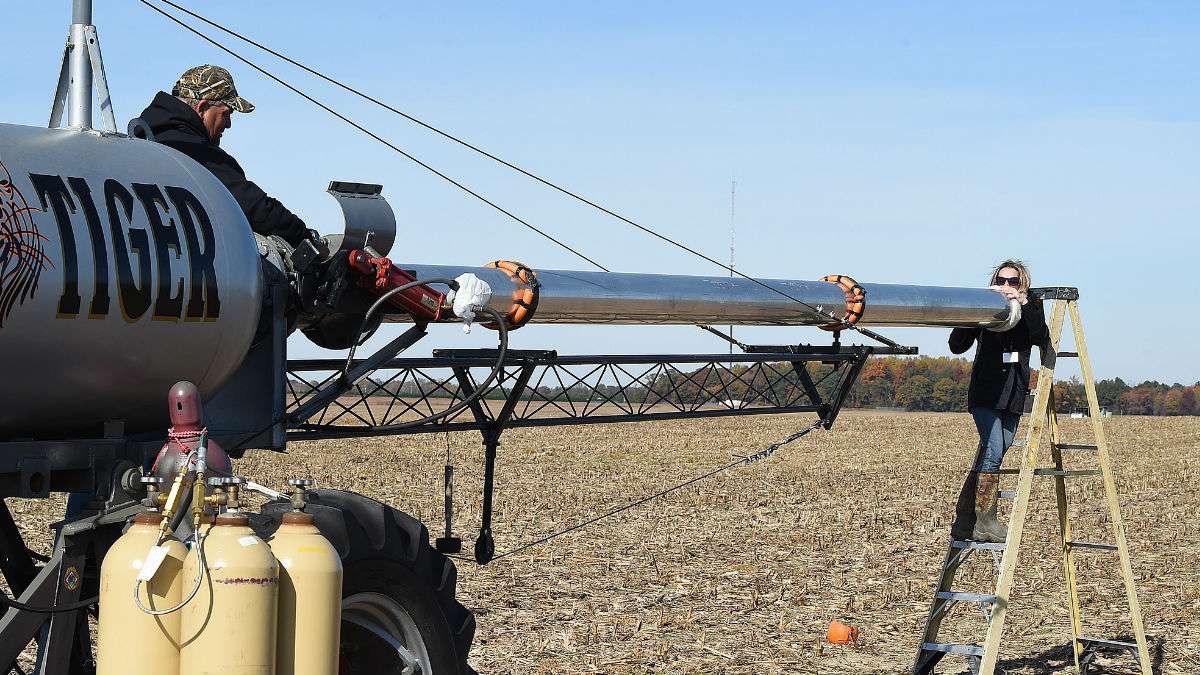
-

-

-

-
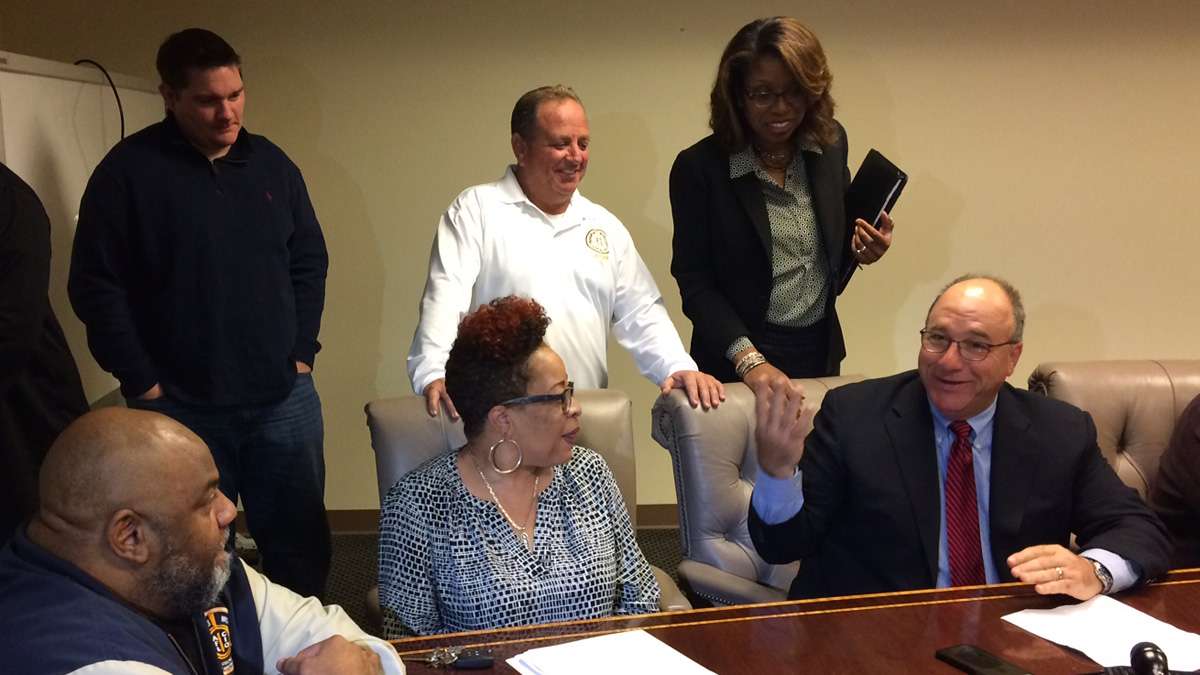
-

-

-

-
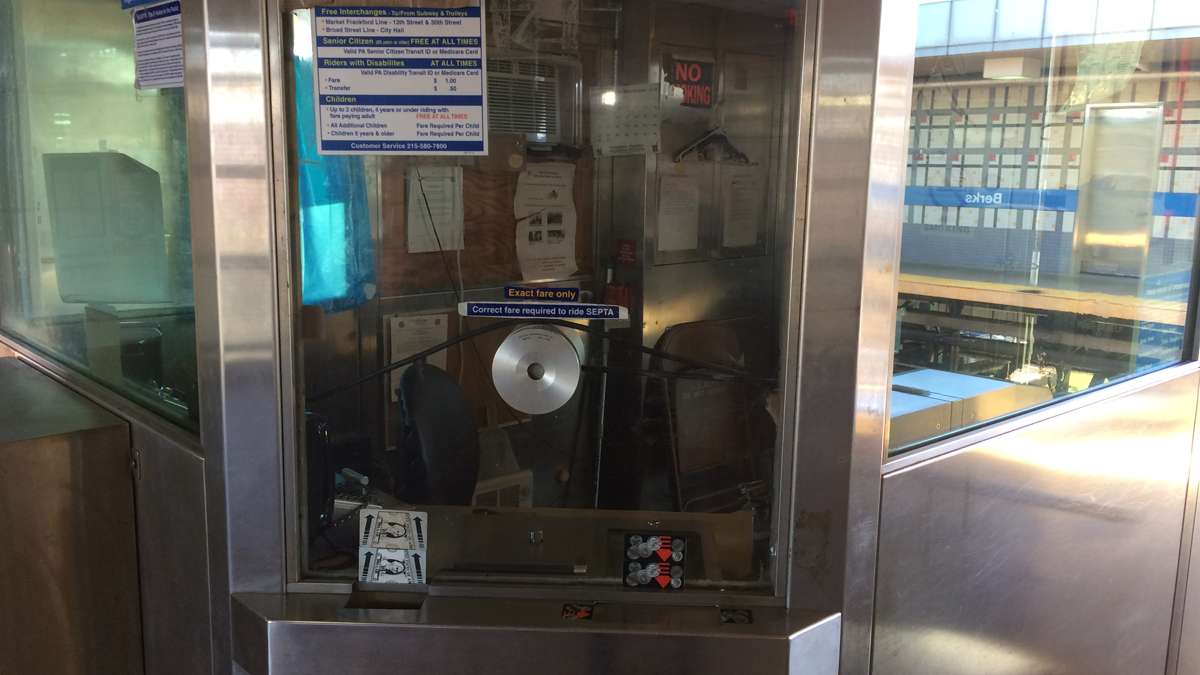
-

-

A nearly weeklong strike by SEPTA workers that threw thousands of commuters into turmoil and threatened to dent voter turnout on Election Day ended early this morning, when SEPTA and the union that represents 4,700-plus bus, subway and trolley workers announced a tentative five-year contract that restores service starting today.
Today’s afternoon rush hour is expected to be nearly back to normal. Full schedules should be restored by Tuesday morning. Commuters can check SEPTA’s website and twitter feed for updates.
Details: Limited service on the Market-Frankford Line and Broad Street Line resumed at 9 a.m., with trains running every 15 to 20 minutes and making all stops (except Fifth Street/Independence Hall Station, which is closed for an Election Eve rally tonight featuring Democratic presidential nominee Hillary Clinton, President Barack Obama, First Lady Michelle Obama, former President Bill Clinton and Chelsea Clinton). There’s no service on the Broad-Ridge Spur. As for trolleys, service on Routes 13, 34 and 36 resumed at 10 a.m. And buses: Limited service has resumed on bus routes: 1, 3, 5, 6, 8, 9, 14, 17, 18, 20, 22, 23, 25, 26, 27, 28, 29, 33, 40, 44, 47, 48, 50, 52, 54, 55, 56, 58, 59, 60, 65, 66, 77, 79, 84, 88, 89, J and K.
Passengers should expect delays while operations resume, SEPTA officials warned.
“We believe this agreement is fair to our employees, and to the fare-paying customers and taxpayers who fund SEPTA,” SEPTA Board Chairman Pasquale T. Deon Sr. said. “It provides for wage increases, pension improvements, and maintains health care coverage levels while addressing rising costs.”
In a statement, Mayor Jim Kenney said: “I am thankful that the Transport Workers Union and SEPTA have reached a settlement, and I am very grateful to residents and commuters for their patience over the last six days. I also want to personally commend Deputy Mayor Rich Lazer, State Representative Dwight Evans, the Governor’s staff and Congressman Brady for working directly with SEPTA’s management and TWU during this difficult negotiating period. I look forward to approval of the deal by the full membership of Local 234 and by the SEPTA Board.”
The tentative contract agreement will now go to TWU Local 234 members for a ratification vote, and to the SEPTA board for approval. Officials declined to release details of the deal. Pensions had been the main sticking point, with union officials irked that workers had a cap on pensions while management did not.
Subways, buses and trolleys have been shut down since last Tuesday morning. It was the 12th strike since 1975.
The unofficial settlement took place after a phone conversation Sunday night between SEPTA general manager Jeff Knueppel, Evans, and union president Willie Brown. Evans, a Democrat, is running for election to the second Congressional district seat long held by Chaka Fattah, who was indicted in June on federal corruption charges.
Early this morning, Deon told reporters at a pre-dawn briefing: “We wouldn’t be here without Dwight and Willie.”
He added: “The money is in our budget, now that we’ve gone through, and under Act 44 (the state law that funds public transit) what Dwight alluded to, in the state. We have the obligation to make sure we’re budgeted going out over 10 years. So we have a 10-year look over the horizon. It’s in our budget, it’s in our numbers, and we think it’s a fair resolution for all. So there will be fare increases, but that’s in the legislation now that we have to do it every, what, 2 years, 3 years.”
Evans said he got involved because “transit is very important to the economy of the Southeast and this region … You’re going to have, like in any family, some differences in opinion. (But now) I think you can see the unity – and this is not just fake unity. We worked literally every single day, the governor, the mayor, Congressman (Bob) Brady, you see everybody.”
On Sunday, the City of Philadelphia filed a motion on Sunday asking the court to require striking workers to work on Election Day, and Pennsylvania Gov. Tom Wolf announced he would to file an amicus brief supporting that motion. Those moves followed a court hearing Friday, when a Court of Common Pleas judge rejected SEPTA’s request for a blanket injunction that would have ended the four-day transit strike. In that court petition, SEPTA called the strike by TWU union workers “a clear and present danger” for not just passengers but all citizens of Philadelphia and the surrounding region.
The issue was a major concern for both national and local Democratic Party officials because they are counting on Philadelphia’s heavily Democratic voter base to help deliver the battleground state for Hillary Clinton’s presidential campaign and to send Democratic U.S. Senate candidate Katie McGinty to Washington.
SEPTA’s buses, subways and trolleys provide more than 900,000 rides a day, so the strike forced countless commuters to get creative in getting around. Many jammed Regional Rails, whose workers didn’t strike, while others hit the road, leading to gridlock that snarled highways and frayed tempers. Attendance sagged in city schools and colleges, because many students rely on public transit to get to class. SEPTA provides rides for nearly 60,000 public, private and charter school students.
Ride-sharing services like Uber and Lyft, though, saw big bumps in business. More people also pedaled their way around; the bike-sharing service Indego reported today that nearly 24,000 trips were taken on Indego bikes during the past week alone. That’s double the ridership of the previous week, while pass sales spiked nine times the previous week, according to Indego. Bicycle advocates, though, reported more “bike-bumping” and other road-rage directed toward bicyclists, with more motorists and bikers competing for space on the road.
“We know that the strike has caused a significant hardship for thousands of our riders,” Deon said. “We sincerely regret this disruption to transportation throughout the City of Philadelphia and the region. We thank riders for their patience under these extremely challenging circumstances.”
Riders rejoiced at news of the strike’s ending.
“It’s about time, because all this walking is for the birds. I’m not really for all that,” said Vinnie Abar, 33, of Olney.
For Abar, the strike meant losing out on a week’s worth of pay. Abar works in construction for a private contractor, and the shuttering of public transit hamstrung the rest of his crew, resulting in the cancellation of many gigs.
“Time’s are rough. But you gotta get through it. It can always be worse,” he said. “But now that everything’s over, I’m just glad that the city can get back to normal.”
Antyne Gray, 37, of Logan, agreed: “Thank god! Thank god it’s over.”
Gray, a cook in the cafeteria of Wells Fargo Bank building in Old City, said he carpooled to work last week in a ride-sharing arrangement that cost him $20 a day, far higher than his usual commuting costs by bus and subway.
“It cost me almost $100 to get to work last week. That really cut into my paycheck,” Gray said. “At least now we can catch the train home.”
On the Market-Frankford Line, Troy Johnson was excited to hop on the El to go see his son.
“I got a son in St. Christopher’s Hospital with cancer so this is right on time,” Johnson said, adding that he used Uber during the strike, paying prices almost twice their normal rate.
Shareef Boyce had a rough week without the buses and trains, saying: “It definitely put a cramp in everything that was going on this past week. Yeah, everybody can get back to work (now). Kids can get back to school, and everything is back to normal.”
SEPTA this afternoon announced it would reimburse riders for unused weekly or monthly TransPasses by offering credit vouchers that will be honored through Jan. 31. Passes must not be already validated; customers can bring unused TransPasses to any Pass Sales site.
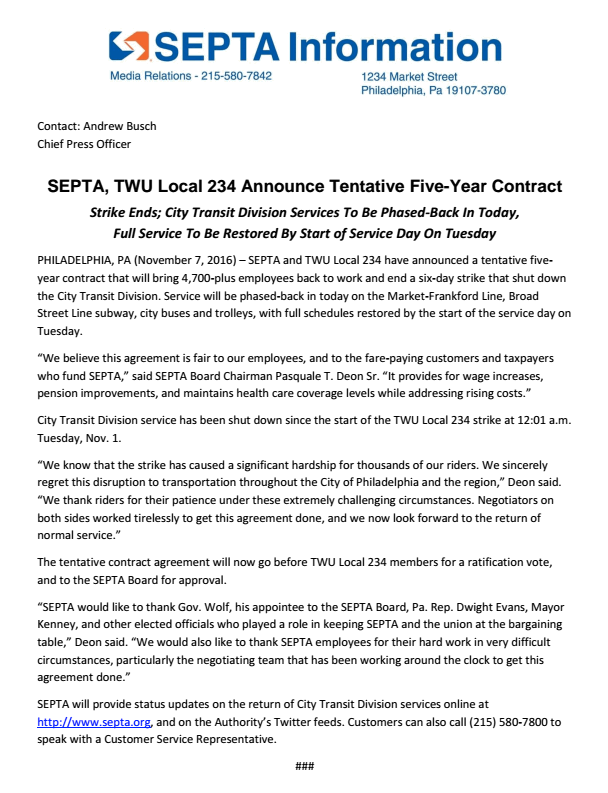
Rail commuters on SEPTA’s Fox Chase and Chestnut Hill West Lines encountered hourlong delays this morning – but not because of the strike. Earlier switch and power problems held up trains on those lines, while other SEPTA Regional Rail lines experienced signal problems that drove delays there too.
So although the strike has ended, frustration continued today for many commuters.
“Why does it take 24 hours to get up to speed for @septa_social workers? It took only a minute or two for them to stop working #septastrike,” GayborhoodFamous tweeted this morning.
Several regular SEPTA riders who support the union held a noon news conference outside SEPTA’s Center City headquarters to demand the transit authority compensate commuters who suffered financial hardship, whether by paying more for alternate transportation or in lost wages, during the strike. Organizers Erica Mines, Mattie Boyd and others distributed “SEPTA Inconvenience Passes” they want riders to use, if SEPTA officials refuse their compensation demand.
“SEPTA management needs to be held accountable for neglecting to address worker needs in a timely manner. If formal steps are not made to negotiate with riders and provide free rides, these passes will be used in lieu of fares now that service is restored. The responsibility of accepting this cost falls on the administration, not the workers,” Mines and Boyd said in a statement this morning. “SEPTA management intentionally stalled negotiation for two years in order to calculatedly use public inconvenience from a strike to force workers into sacrificing vital demands like bathroom breaks and enough time in between shifts to eat and sleep. SEPTA worker demands are basic rights that all workers should be entitled to. Sacrificing these demands lowers the minimum expectations for employers across the board, from city workers to teachers to non-union workers. SEPTA workers need the support of the larger community in order to bargain more effectively. The more public support they receive, the less they will be backed into striking by administration.”
WHYY is your source for fact-based, in-depth journalism and information. As a nonprofit organization, we rely on financial support from readers like you. Please give today.


